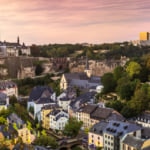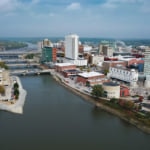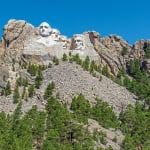Opening Hours of Jigokudani Snow Monkey Park: November to March from 09:00 until 16:00. From April to October, opening hours are extended to 08:30 until 17:00.
Open everyday to visitors all year round.
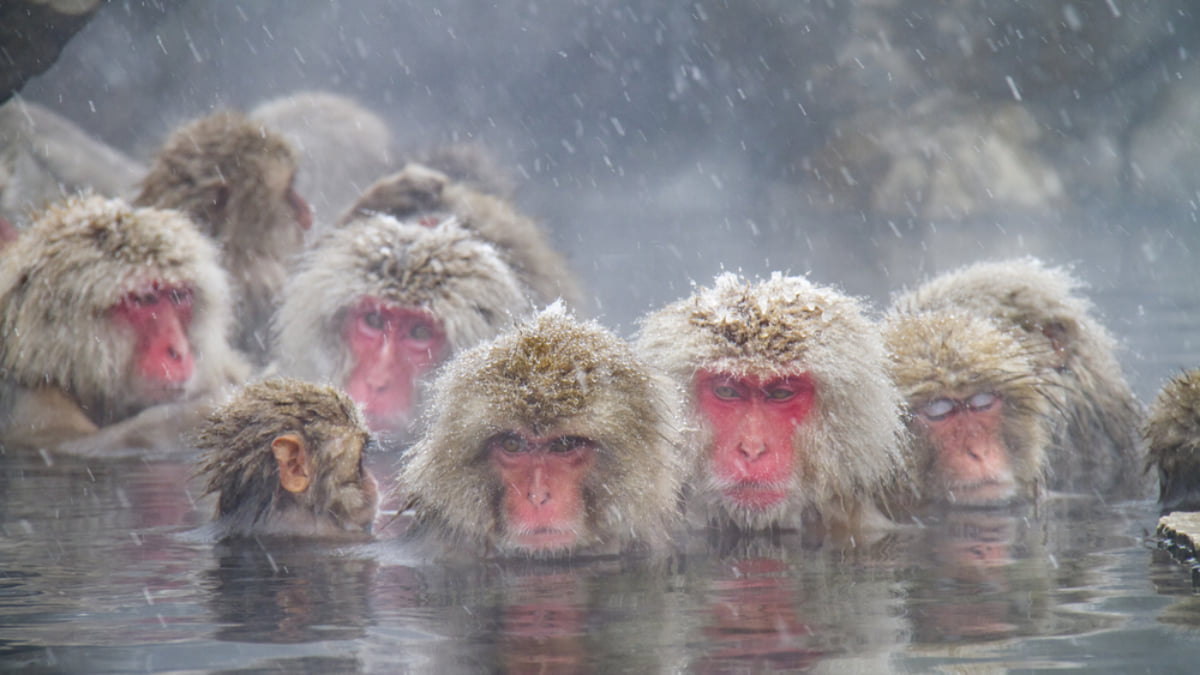
How to See the Hot Spring Bathing Snow Monkeys in Japan
Unwitting internet stars around the world, the Japanese snow monkeys or Japanese macaques are a viral sensation. The photos of these cute animals relaxing in hot springs surrounded by snow are so iconic they've inspired visitors from all around the world to travel to Japan to see them.
table of contents
[x] close
How to See the Hot Spring Bathing Snow Monkeys in Japan
Where are the Japanese Snow Monkeys Found
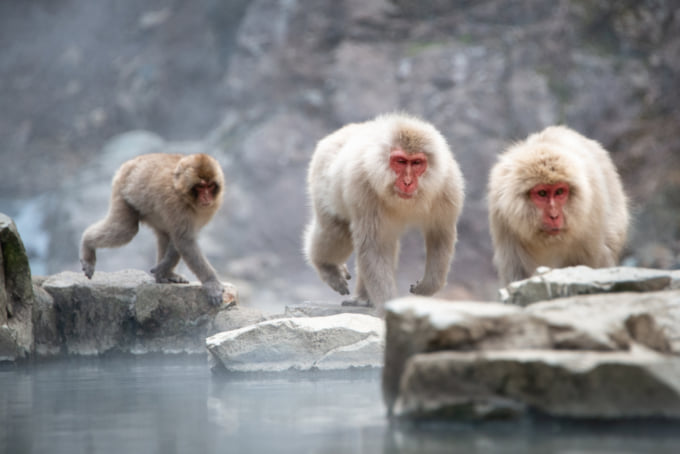
Photo by Janice Chen/Shutterstock
You'll find Japanese macaques all over Japan, but the most famous are the hot spring bathing monkeys found in a small area of Nagano Prefecture. These famous 'snow monkeys' you'll see all over the internet are home to Jigokudani Snow Monkey Park, a natural habitat turned into a monkey park, the animals were given their own hot springs to stop them running havoc and bathing in those used for humans.
Located high up in the mountains of the Japanese Alps, winter temperatures can get quite low here. The monkeys often sought shelter from the cold by bathing in onsen or hot springs at traditional inns in the area, the park was created in 1964 as a specific area the monkeys could stay and bathe in.
How to Get to Jigokudani Snow Monkey Park
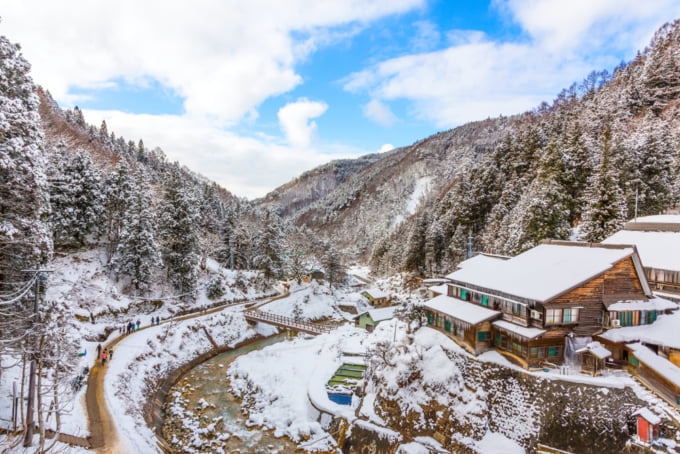
Photo by Ratthaphong Ekariyasap/Shutterstock
Jigokudani Snow Monkey Park is located in the mountains of Joshinetsukogen National Park, a short journey from the nearby town of Shibu Onsen.
If you're taking public transport, you'll need to get to Nagano first, which is easily reached by shinkansen, Japan's high speed railway, at about 90 minutes from Tokyo. From Nagano take the Nagano Electric Railway Line to the last stop, Yudanaka Station. From here take a bus to Kambayashi Onsen. It's about a 30 minute walk through a forest trail from here. Note that it'll take longer in the winter as the trail can be covered with snow or ice.
If you're staying at Shibu Onsen or Yudanaka, some hotels will offer transport to the start of the forest trail, it's usually free for guests but you'll most likely need to book in advance.
Best Time to Visit the Park
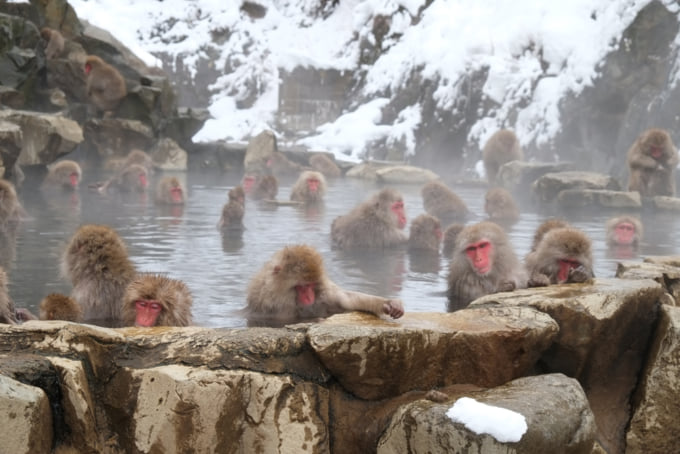
Photo by sido kagawa/Shutterstock
While Nagano and the Japanese Alps are beautiful in every season, if you want to see the bathing snow monkeys, you'll need to visit during winter. If the temperature isn't cold enough yet, the monkeys won't bathe in the hot springs and for some periods throughout the year, they'll rarely hang around the park at all.
The best months to visit Jigokudani Snow Monkey Park are January and February. During this period, snowfall is at its highest and temperatures are cold enough that most of the monkeys will relax in the hot soothing waters.
If you go during late November, early December or late March, there is still a chance of seeing the monkeys bathing, but it's more than likely they will just hang around the hot springs instead of actually in the water. If you can only go during warmer months such as summer there is still a chance they will go into the pools.
The water is cooled down in the summer to tempt monkeys to cool off there. However the park is much more photogenic in the winter when the hot spring pool is surrounded by snow. The mating season for Japanese macaques is usually in the autumn, from September to November, the monkeys are less likely to come to the hot springs during this period.
Where to Stay Near the Snow Monkey Park
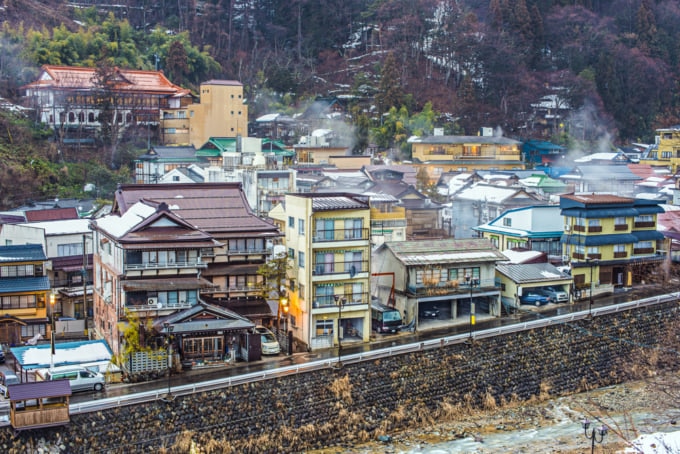
Photo by Sean Pavone/Shutterstock
The perfect chance to see the traditional side of Japan, there are several hot spring towns and resorts near to Jigokudani Snow Monkey Park. One of the most famous and beautiful onsen towns in Japan, most travelers will pass through Shibu Onsen when visiting the park. With a history of 1,300 years, the hot spring town is well worth staying at for a night before journeying to the park the next morning. Shibu Onsen has an incredible traditional atmosphere, many of the ryokan, traditional Japanese inns, date back to hundreds of years ago.
There's not much in terms of restaurants and eateries around the onsen town, so make sure to reserve a traditional 'kaiseki' meal if you're staying at one of the hotels there which is often included in the room price.
Top Tips for Visiting
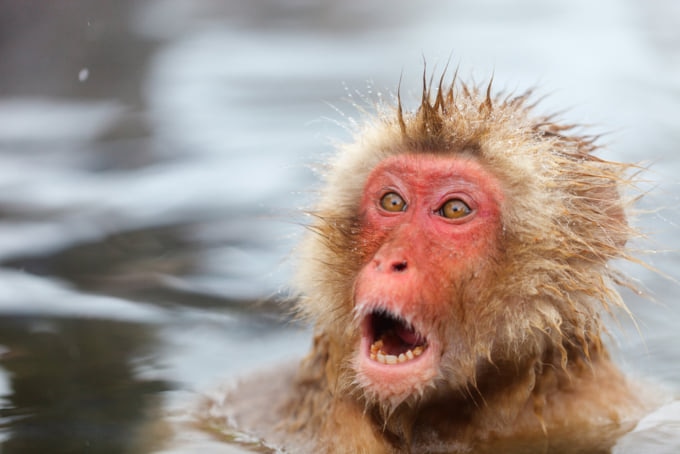
Photo by BlueOrange Studio/Shutterstock
While the park area is tended to and resident monkeys are given food to by park rangers, they are very much wild animals and will behave like them. Be careful not to aggravate the snow monkeys, they can be quite aggressive and fierce. Also be sure not to bring food into the park as there is a risk that the monkeys may attack you for the food.
There is also a webcam provided by the park which can be used to check if the monkeys are around the pool when you visit. Click here to view the webcam.
Can You Bathe with the Snow Monkeys?
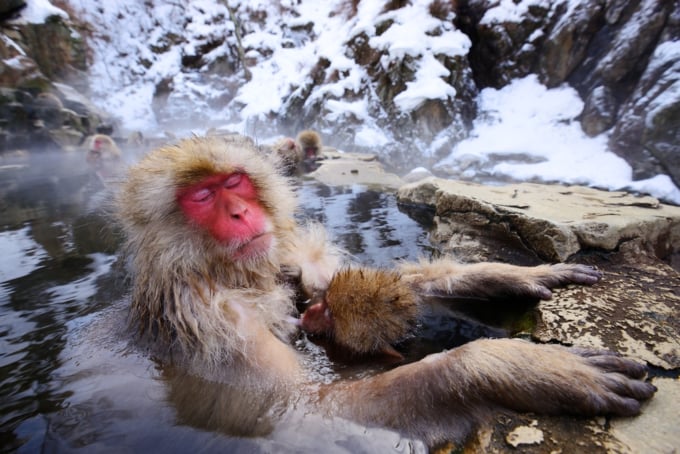
Photo by Sean Pavone/Shutterstock
For hygiene and safety reasons, you cannot bathe with the monkeys at the snow monkey park itself, it's provided solely for the monkeys. If you want the experience of bathing in a hot spring with monkeys, it's occasionally possible at the nearby hot spring resort, Korakukan Onsen. Located a short walk from the park, this traditional Japanese inn often sees monkeys come down from the mountains to sneak into the open air baths here.
Entrance fees to the snow monkey park are ¥800 for adults and ¥400 for children. Infants under five can enter the park for free.
RELATED ARTICLES
REGIONS
CATEGORIES
FEATURED ON Japan
-
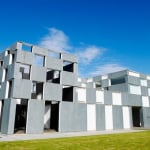
4 Recommended Tourist Spots in Ami Town, Ibaraki Prefecture – Nurtured by History and Nature
-
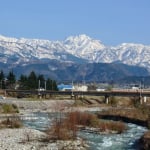
4 must-visit tourist spots in Uozu City, Toyama Prefecture, where you can see a Mirage
-
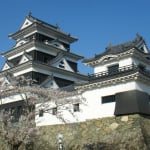
4 recommended tourist spots to enjoy “Little Kyoto of Iyo,” Ōzu
-
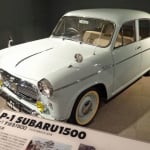
Perfect for winter sightseeing in Gunma! 4 must-visit spots including factory tours
-
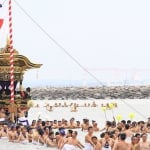
Top 4 Must-See Festivals in Gamagori, Aichi — A City Full of Tourist Attractions
MOST POPULAR ON Japan
-
 1
1Doha: Must-see Attractions in the Capital of Qatar
-
 2
2Toronto: 10 Things to do in this Picturesque Canadian City
-
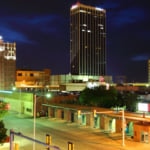 3
3Amarillo: A City Famous for It’s Amazing Canyons, Great History and Music
-
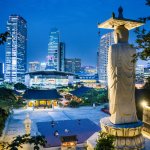 4
4South Korea: Dazzling Scenery, Rich Culture and Fascinating History
-
 5
5Kuwait: A Country in Middle East Asia Famous for Hot Sand Dunes and Stunning Cityscape

